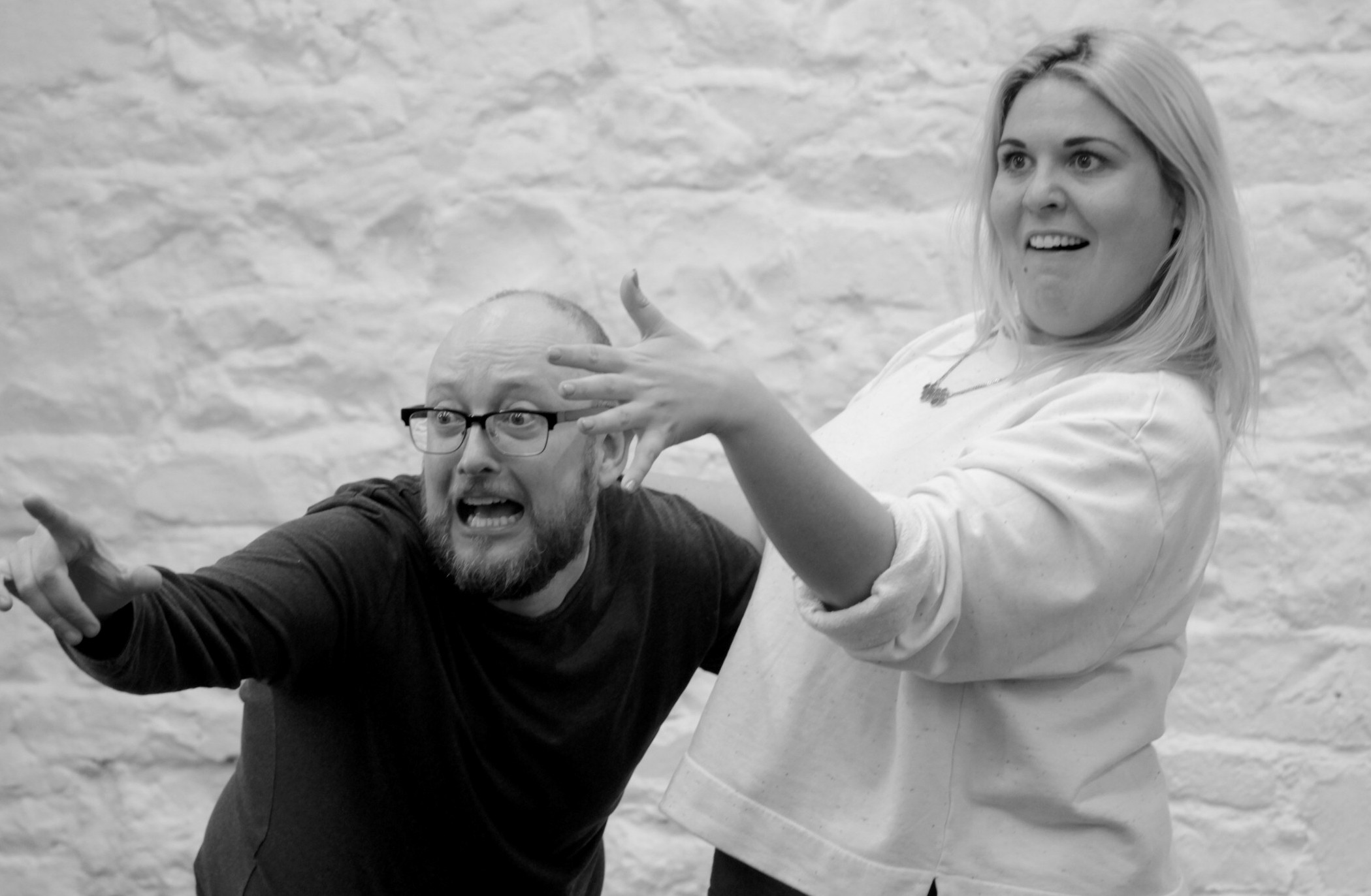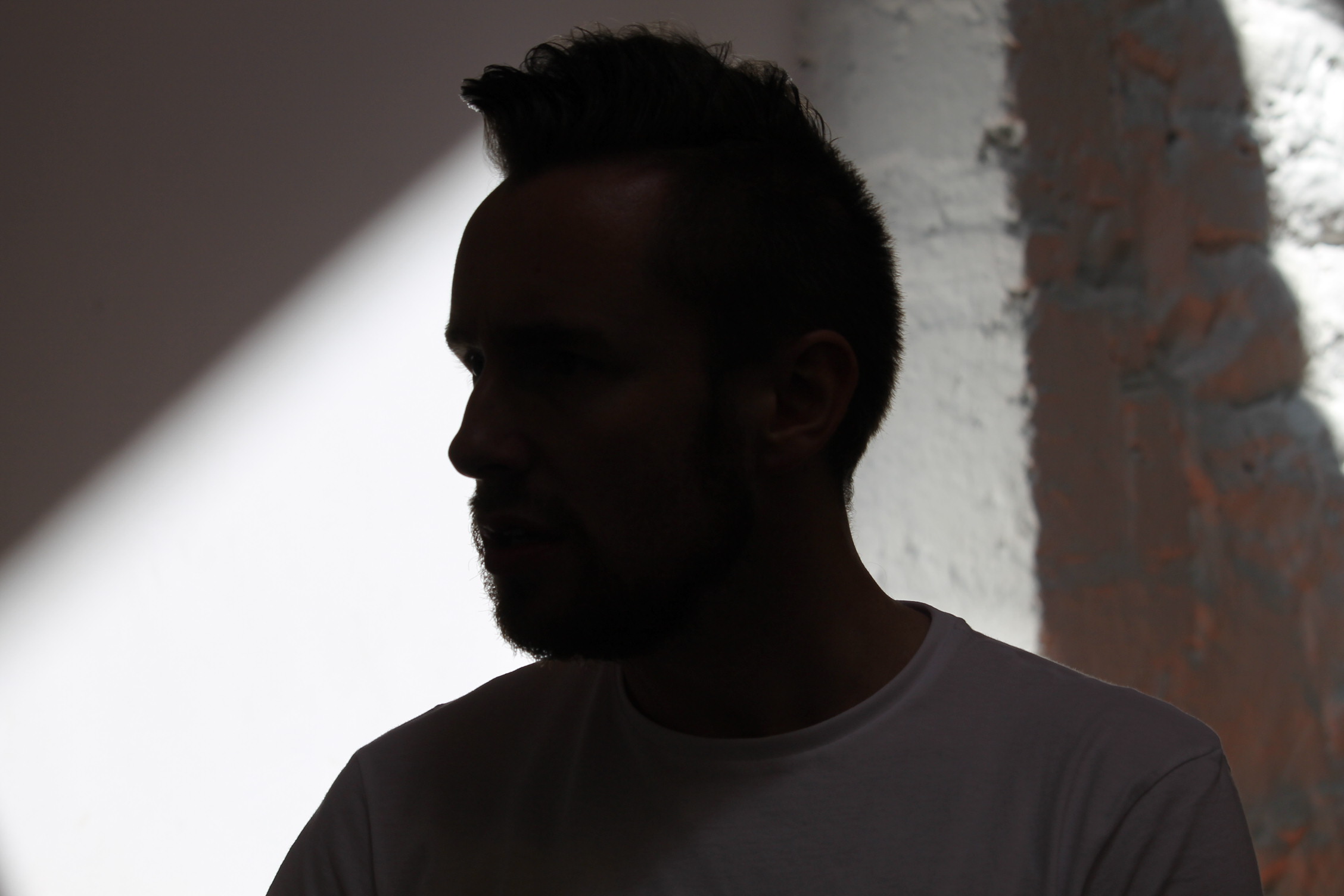Over the last few posts I have been exploring and sharing my experience of teaching the Chekhov Technique online, both the joys and problems with it. When I am planning a workshop I am not trying to replicate an actual workshop. I am constantly looking for points of contact and positive developments, ways of teaching the work, developing opportunities along with the comfort (and issues) of trying to liberate oneself whilst still at home. I have talked about this in the last post.
Whilst most seem to be having a very positive experience, for a few the fact of working online weakens the main thing from which they learn; the sense of community and group experience. In the room this dynamic more-or-less comes naturally but online it doesn’t ; I work hard at fostering that and as soon as I give the opportunity, most people grasp it with both hands.
I was discussing this with my partner the other day, a retired teacher and therapist himself, and a moment he isolated was the ending, when you finish the session. I have been considering this a lot myself and find moments of sharing and breathing at the beginning and end of sessions but he talked about that moment when you turn off the monitor and everyone leaves. That moment can feel rather scrappy. Declan Drohan my colleague here in Ireland in the Chekhov work called it, ‘ the dangerous moment of emptiness’.
Even in an actual workshop there can be a moment of ‘back to reality’ after it ends but online this feeling can be acute. Let’s consider what happens when an actual workshop ends. You do a final exercise which bonds everyone together and acknowledges the work. You finish and there is a sense of completion and high. People say their goodbyes, they hug and thank each other. They maybe come and chat to me about some aspect of the work or come to say thank you. The ending of the workshop is often both sad and beautiful.
If you think about the times (especially in times gone by when communication was more difficult than it is now) when you have been speaking with someone you love faraway on the phone and the long call is over, there is an adjustment required for you to re-inhabit your world. This can stir up a lot of ‘stuff’. It could stir up feelings of frustration, an intensified loneliness; rather than feed us as participants, as artists practising our art, it could make us feel futile. This is, of course, completely the opposite of what we want and why we go to actual workshops in the first place. It’s particularly bad because in order to practise our art we have to treat our room as the studio and be as uninhibited as we can. If you are not careful closing a session can be like inviting people into your house with a smile, letting them in for an hour then pushing them out of the door, leaving them out on the pavement and slamming the door behind them.
My partner suggested something and I want to share it because it goes some way to acknowledging this problem. I tried it this week and it seems to go some way to healing this difficult moment and acknowledge their experience with this group. I asked the participants who had just had their last class that, when they turned the monitor off after saying goodbye, they sat with the monitor and continue the radiating done towards the group in the final moments. I asked them to consider what they had explored through the whole course and moments of connection they had and who they had met and watched working in the course. What could they hear and feel going on in the building, outside, and notice how ‘the world’ came back into their space. I suggested they acknowledge that what they had done was ‘real’ not some diversion and they had learned and experienced things. These things were like Chekhov said, ‘intangible’ yet they did happen and we were affected by them. They could then share their responses if they wanted. I have been given permission to produce one of them here.
“And just like that, it was over… After saying good-bye to everyone, all the faces disappeared. I was in front of my computer, and I was contemplating the Zoom access page on the screen, that I will later need to shut down.
Suddenly, my roommate was shouting at his video games, people and cars were making noise outside but I stayed in front of the computer screen, watching the monitor, still receiving.
As I put my glasses down, I became suddenly aware of the people who were missing today and how disappointed I was they couldn’t come and how I couldn’t properly say goodbye to them. There was a feeling of ease with a touch of sadness.
My phone started to ring but I didn’t want to see who was calling, I needed one more minute to fully process all this. I wrote down some words regarding polarities on a piece of paper, knowing I will have to keep practicing in order for them to stay meaningful.
As I would do in a theatrical exercise, I shook up, breathed in and click on the red cross of the website, as if it was “saving” these 5 weeks in my memory.”
Working online is real. It stirs my soul and I hope most of my students. There is a connection. It is simply a different kind of real. Not a substitute but not nothing either.

 AS I get more used to teaching Chekhov technique online, I have started to feel something of the buzz I feel ‘in the room’. I could be fooling myself but I am beginning to see a transmission of something between myself and my students which I feel in real time. Part of that is a sense of trust which is building not just between them and me, but between me and the technology, which though it is limited, has its spin offs. Radiating and receiving cannot quite happen the way it does in actual life, but it can happen.
AS I get more used to teaching Chekhov technique online, I have started to feel something of the buzz I feel ‘in the room’. I could be fooling myself but I am beginning to see a transmission of something between myself and my students which I feel in real time. Part of that is a sense of trust which is building not just between them and me, but between me and the technology, which though it is limited, has its spin offs. Radiating and receiving cannot quite happen the way it does in actual life, but it can happen. In the next Chekhov course exploration starting on May 14th @ 3pm we are going to look at our response to the pandemic in a very imaginative and broad way by considering those under house arrest or imprisonment and making some solo work about them which we may or may not sew together into something more substantial at the end. I want to encourage people to look at the wider implications from the imagination rather than telling their own stories, as extraordinary as they may be. Maybe through that we can start to examine where we want to go afterwards…. In any case, to start with, we are just exploring and everyone is going to make a solo piece using the broad theme of house arrest and use elements of the Chekhov technique to create it.
In the next Chekhov course exploration starting on May 14th @ 3pm we are going to look at our response to the pandemic in a very imaginative and broad way by considering those under house arrest or imprisonment and making some solo work about them which we may or may not sew together into something more substantial at the end. I want to encourage people to look at the wider implications from the imagination rather than telling their own stories, as extraordinary as they may be. Maybe through that we can start to examine where we want to go afterwards…. In any case, to start with, we are just exploring and everyone is going to make a solo piece using the broad theme of house arrest and use elements of the Chekhov technique to create it.